- +033 2572 7171
- info@dhanvantary.com

4.5 Rating | 4500 Review

4.5 Rating | 4500 Review
Ischemic Heart Disease (IHD), also known as Coronary Artery Disease (CAD), is a condition characterized by reduced blood flow to the heart muscle, primarily due to narrowing or blockage of coronary arteries. IHD is correlated with Hrudroga (heart diseases) in Ayurveda, specifically Rakta Vaha Srotas Dushti (disorders of blood-carrying channels). It involves imbalances in Tridoshas: primarily Vata, Pitta, and Kapha.
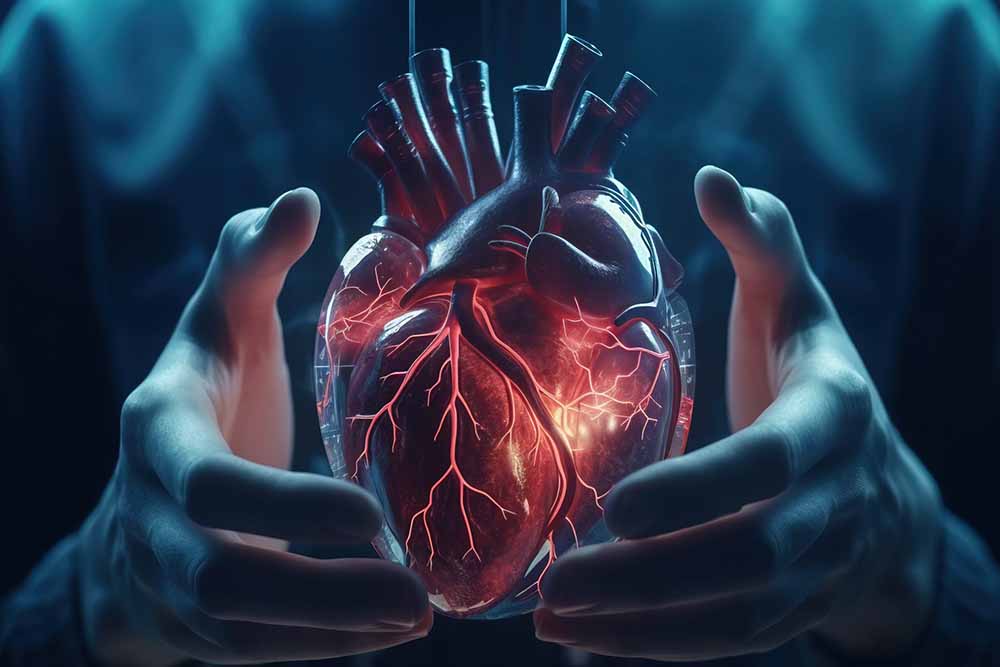
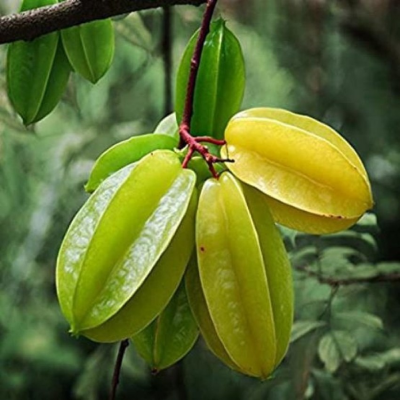
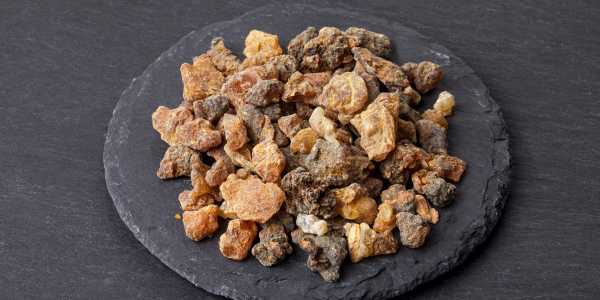
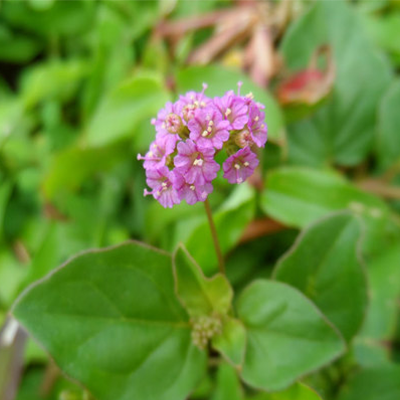
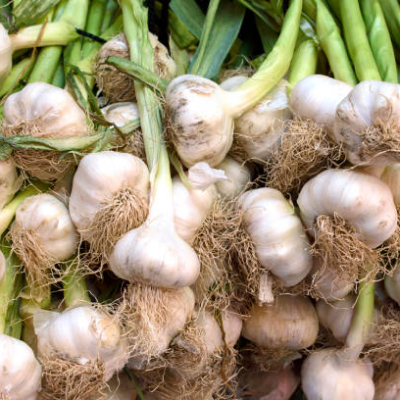
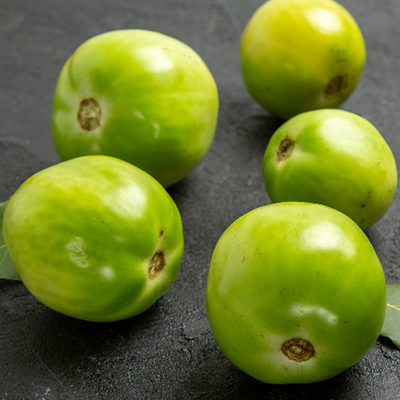
Ayurveda can complement modern treatments by reducingpl side effects and improving overall cardiac health.
Ayurvedic herbs like Arjuna can be used alongside statins to manage cholesterol. Yoga and meditation can help manage stress, a major contributor to IHD.
